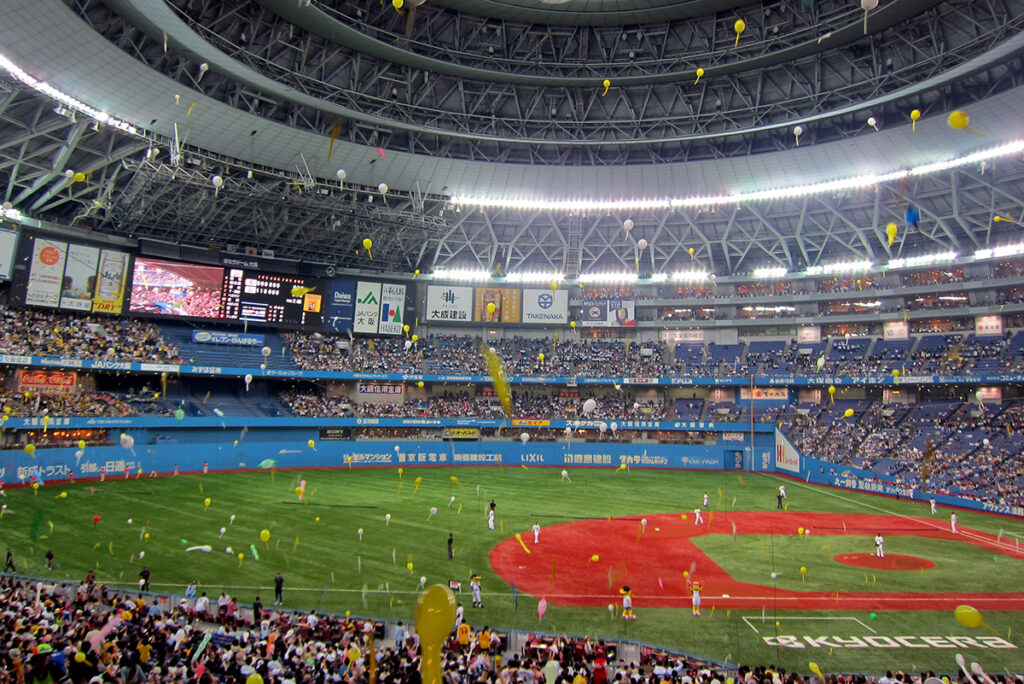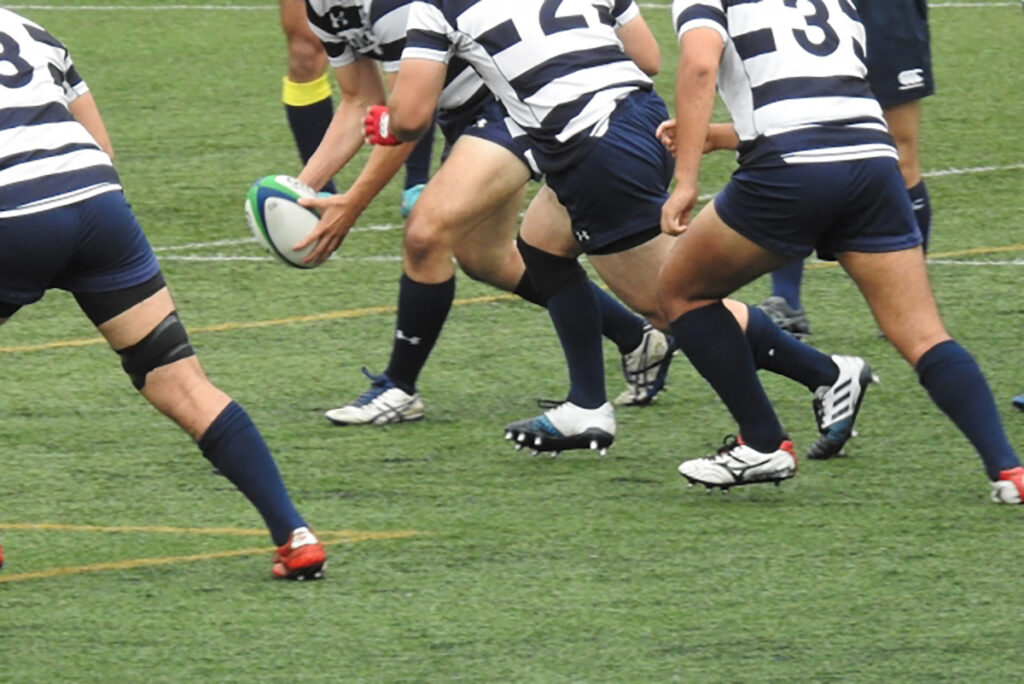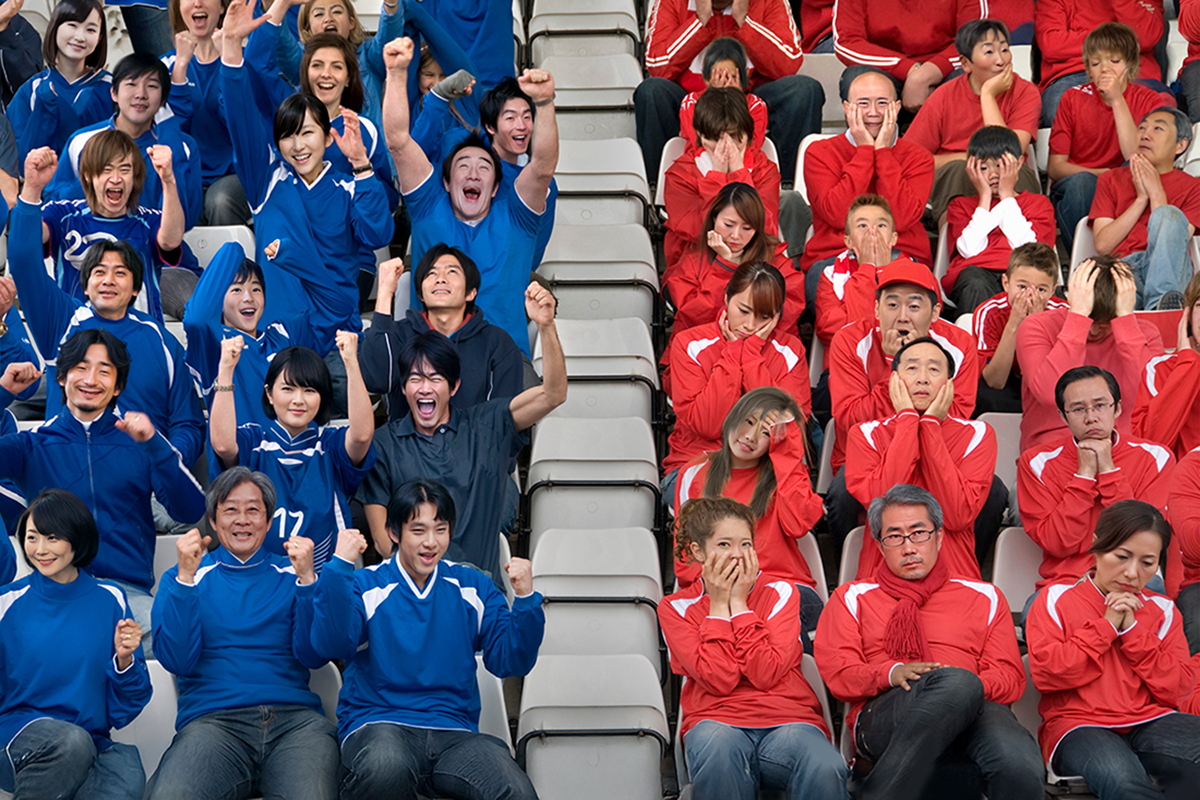Biggest Sports Rivalries in Japan
Sports are deeply woven into Japanese life. From childhood through university and into adulthood, recreation leagues and sports shape friendships, discipline and community. For fans, loyalty to their teams often turns into lifelong dedication, especially when intense rivalries come into play.
The same passion applies to Japanese sports fans, who are known for their deep loyalty to their favorite teams. When a team develops a strong rival, that rivalry often extends to the fan base, sometimes lasting for decades. These long-standing rivalries fuel intense competition and contribute to the excitement and growth of the sport.
If you’re living in Japan or just a visiting sports fan, here are some of the most iconic sports rivalries happening in Japan today. You can pick a team and join in the camaraderie.
Baseball: Yomiuri Giants and Hanshin Tigers

The Yomiuri Giants, based in Tokyo, are the oldest and most historically successful team in Nippon Professional Baseball (NPB). Often referred to as the “New York Yankees of Japan,” the Giants have built a legacy of dominance, drawing both admiration and resentment. This long-standing success has positioned them as the symbolic powerhouse of the Kanto region, making their rivalry with the Hanshin Tigers, based in Nishinomiya, Hyogo Prefecture, one of the fiercest in Japanese sports.
In 2023, the Hanshin Tigers clinched the Japan Series title, marking their first championship win in 38 years. The Giants responded in 2024 with a Central League pennant win, reigniting the rivalry with full stadiums and national broadcasts.
Tigers fans are known for their dedication, as they can sometimes outnumber fans at the opponent’s arenas during away games. However, the Yomiuri Giants have notorious rules for controlling the behavior of visiting fans, leading to an intense rivalry. If you have the chance to attend a Giants vs Tigers game at either team’s home stadium, it’s sure to be a lively event.
Why It Matters: This rivalry represents more than sport—it’s a cultural clash between the Kanto and Kansai areas.
Waseda and Keio Universities

As two of the top universities in Japan, the rivalry between Waseda University and Keio University is a long-standing piece of Japanese history that continues today. It all started back in 1903 when the Waseda University baseball team sent a challenge to the more senior Keio University, giving birth to the greatest college rivalry in the country.
Keio was victorious, but decided that since the Waseda team, who had only been playing for little more than a year. They put up such a good fight, they would hold the game every year as a regular match. As of 2025, Waseda currently holds more victories than Keio, with the score at 230 to 191. The atmosphere at these games is electric. Even people who didn’t attend either university often go to watch the historic rivalry play out. The Waseda and Keio competition remains one of the most anticipated fixtures in the Tokyo Big6 League calendar.
Tip: This game usually draws a full crowd in Tokyo and is a great window into Japanese university spirit.
Aoyama Gakuin and Tohoku Gakuin Universities

Another great collegiate sports rivalry is the one between Tokyo’s Aoyama Gakuin University and Sendai’s Tohoku Gakuin University. These schools are both Christian in origin and both were founded in 1949. In Japan, it’s often the similarity between two organizations that actually leads to strong rivalries.
This rivalry goes beyond a single sport. These schools come together to compete in the Aoyama Gakuin University vs. Tohoku Gakuin University General Regular Battle, which involves various competitions such as wrestling, tennis, fencing, lacrosse, rugby and football. There are even cheerleaders and full marching bands present during games.
The goal of this annual battle is to bring the schools closer together and promote values that make both schools better, which explains why this rivalry has been able to continue for so long. Rather than being rooted in animosity, this rivalry fosters mutual growth, unity, and friendly pride.
Fun Fact: These events include full marching bands, giving them a more live atmosphere than typical Japanese sports games that international audiences might be more accustomed to.
Football: Japan and South Korea

When it comes to Japan and sports rivalries, the biggest one actually unites the entire country. Japan’s fiercest sports rivalry is with South Korea—especially during major football tournaments. There are other sports to which this rivalry extends, but there is no higher stage than professional football. During the FIFA World Cup, you’ll see bars and izakaya on every street filled to maximum capacity with every Team Japan fan sporting the iconic “samurai blue” jersey.
The two countries have been playing each other officially since 1954, a matchup well-documented in their football history. Known as Nikkansen (日韓戦) in Japanese and Haniljeon (한일전) in Korean, the Japan-Korea match remains one of Asia’s most emotionally charged football showdowns. The latest clash took place at the 2024 EAFF E-1 Championship, where Japan secured a 2–1 victory in front of a sold-out Tokyo crowd.
Be sure to catch it: World Cup season in Japan brings this rivalry to life in every bar, izakaya and screen nationwide.
Why These Rivalries Matter
Sports rivalries are more than mere games: they’re deeply embedded in Japan’s regional identities, educational institutions and even international diplomacy. In a society known for harmony and group cohesion, these events offer a rare outlet for collective energy and spirited expression. As Japan continues to grow its global sports presence in the Olympics, FIFA World Cup and Asian Games, expect these rivalries to gain even more international attention.
FAQs
The Yomiuri Giants vs. Hanshin Tigers is Japan’s most iconic baseball rivalry, known for its historical significance and fierce regional pride.
The Yomiuri Giants vs. Hanshin Tigers is Japan’s most iconic baseball rivalry, known for its historical significance and fierce regional pride.
The rivalry began in 1903 with a baseball game, evolving into an annual tradition in the Tokyo Big6 university league.
These matches are fueled by decades of sports competition and national pride, often played on major international stages such as the FIFA World Cup.
No—it includes music, marching bands and cheerleading, promoting unity and values among students.
Yes—from local school rivalries to national team matchups, sports rivalries are a powerful force in Japanese culture.

